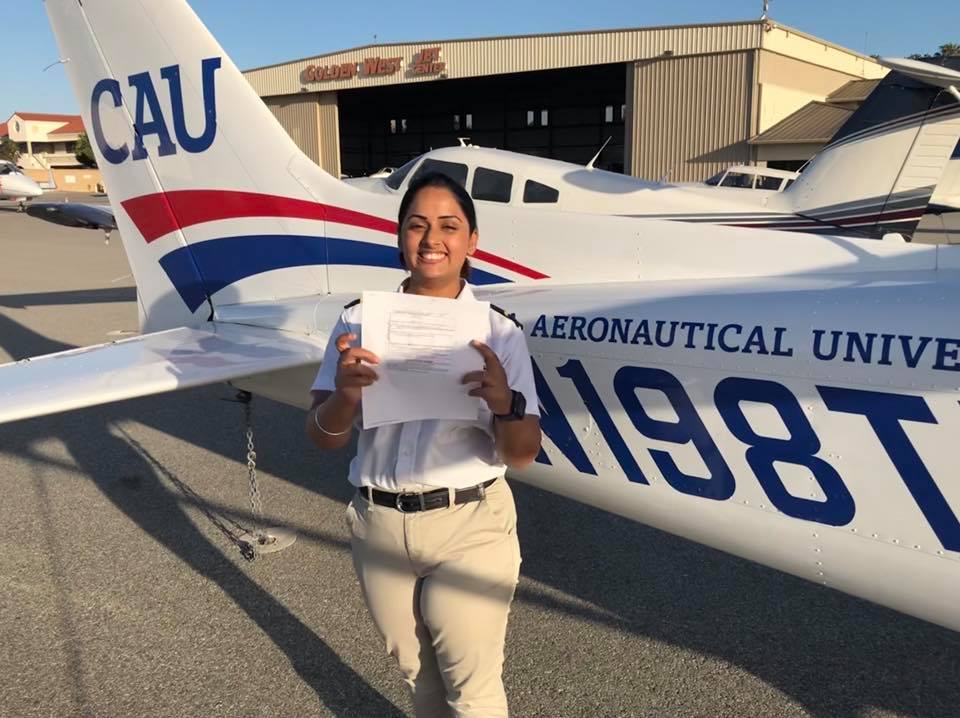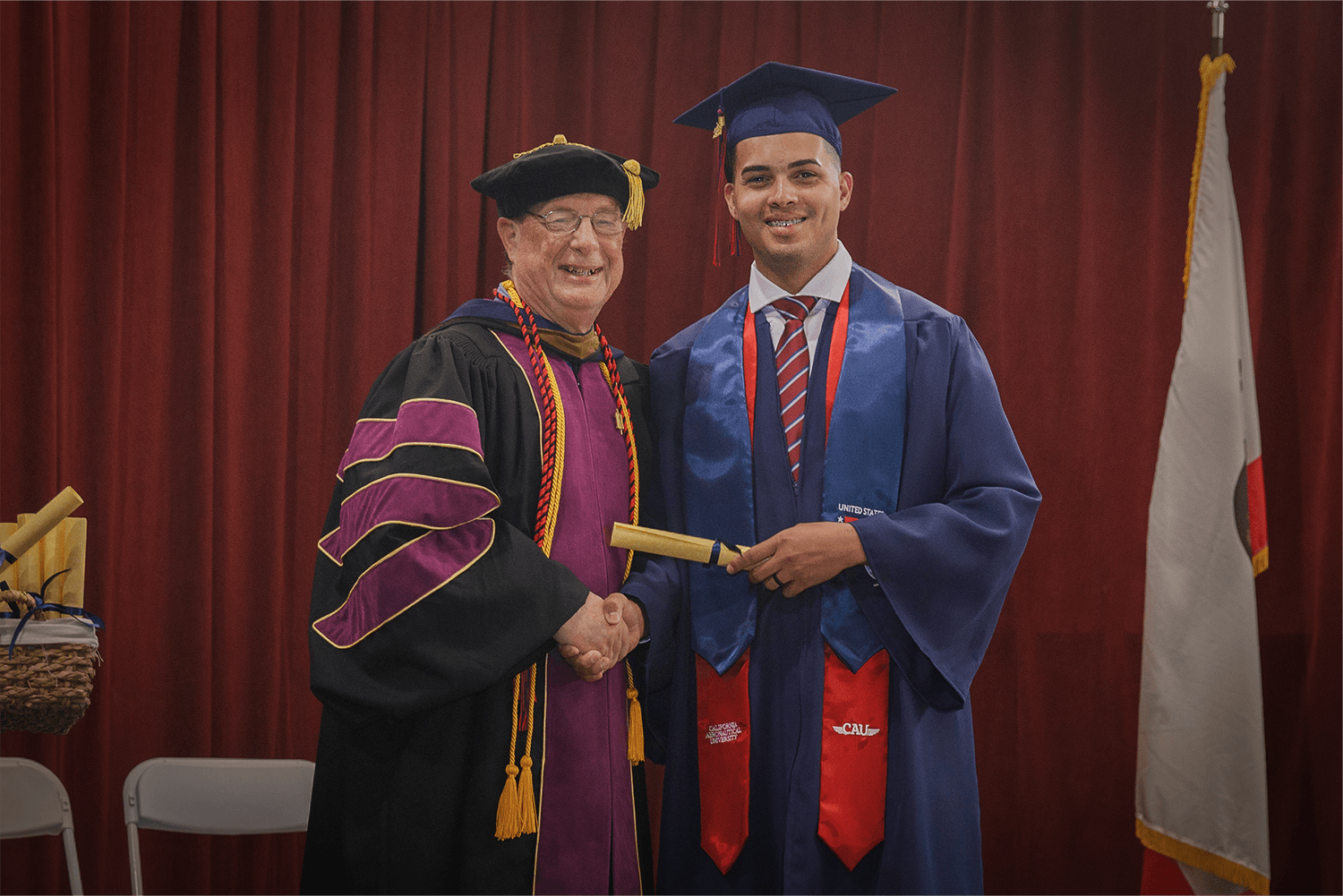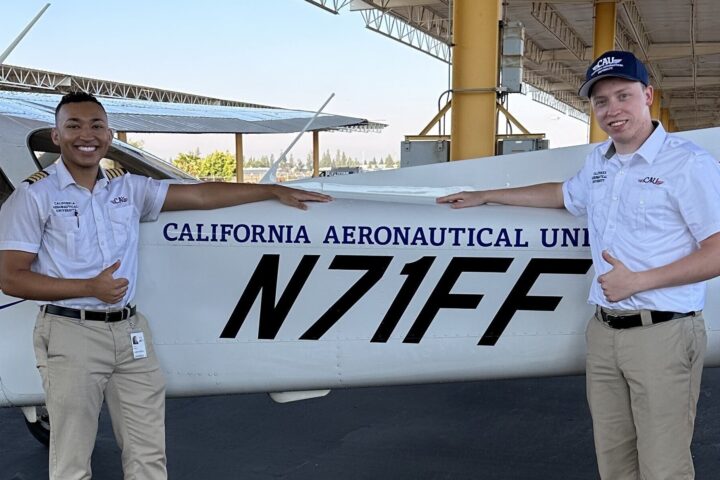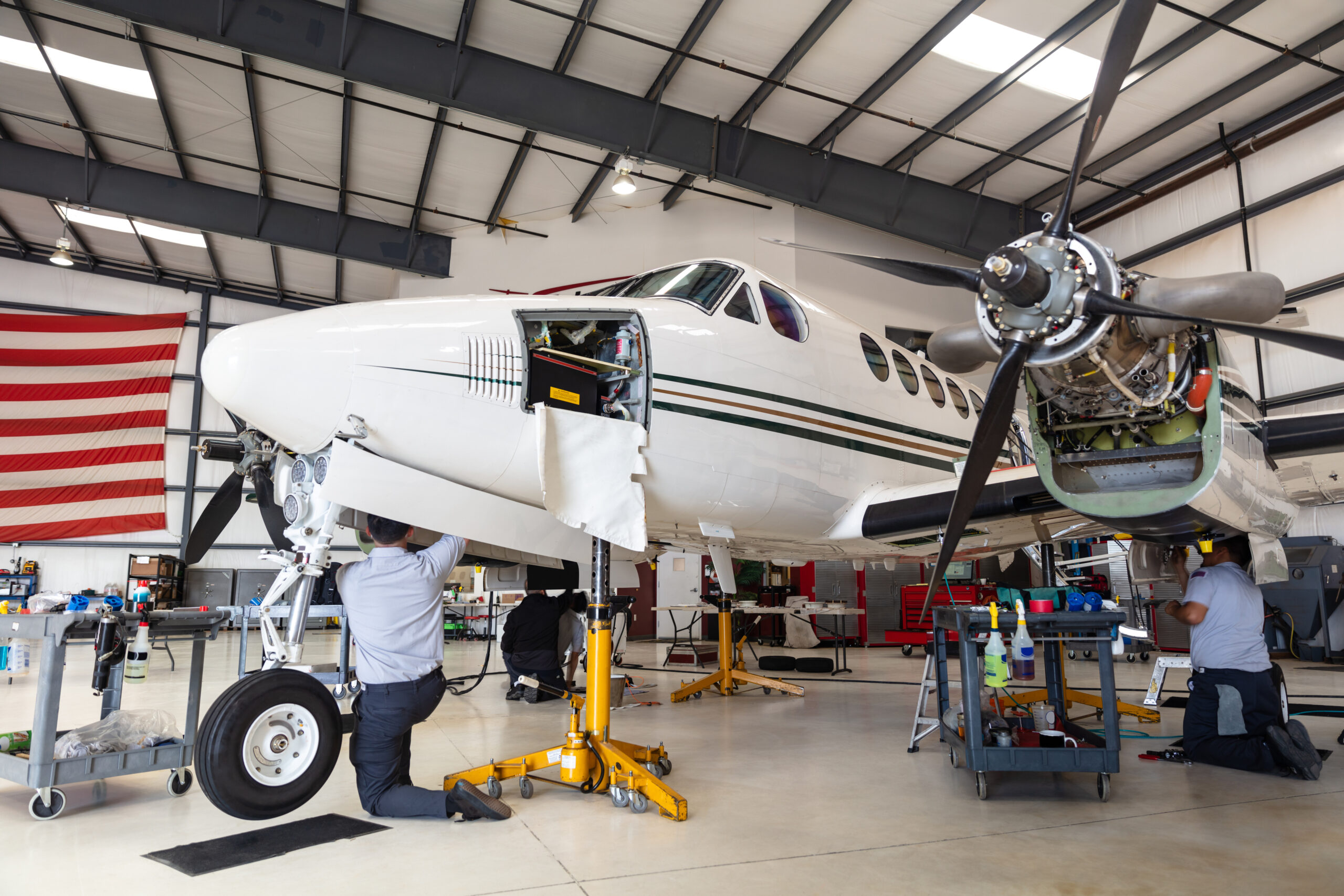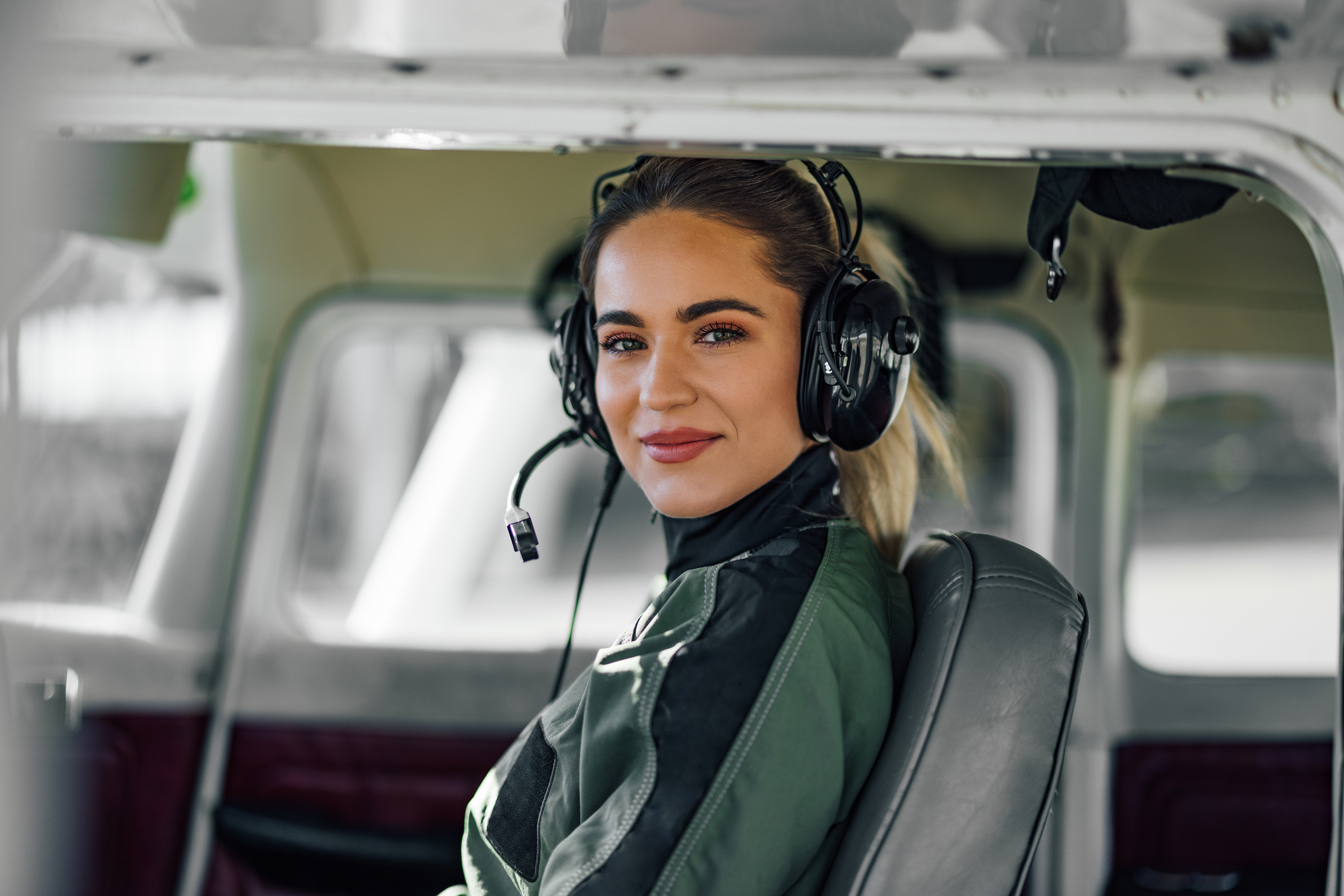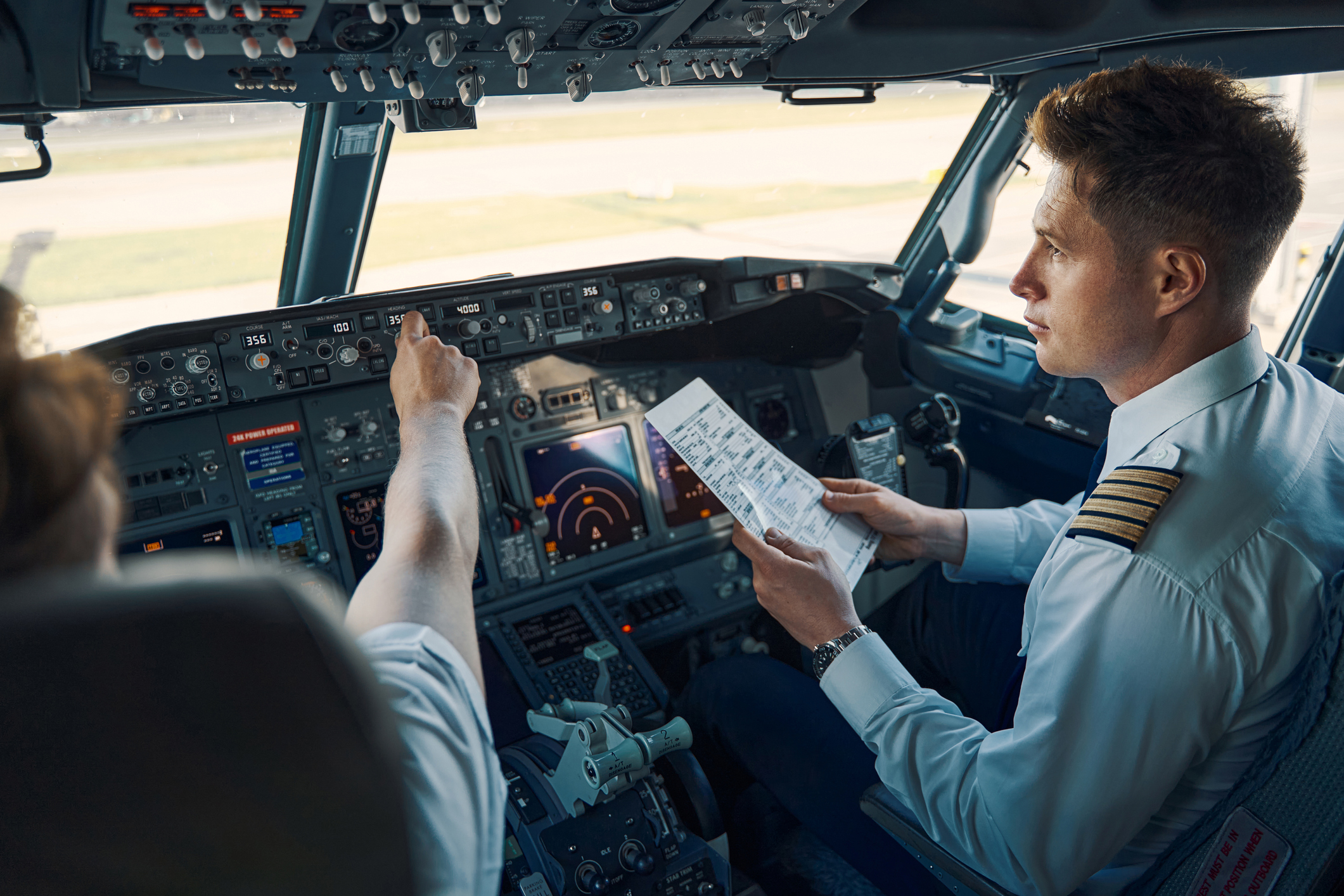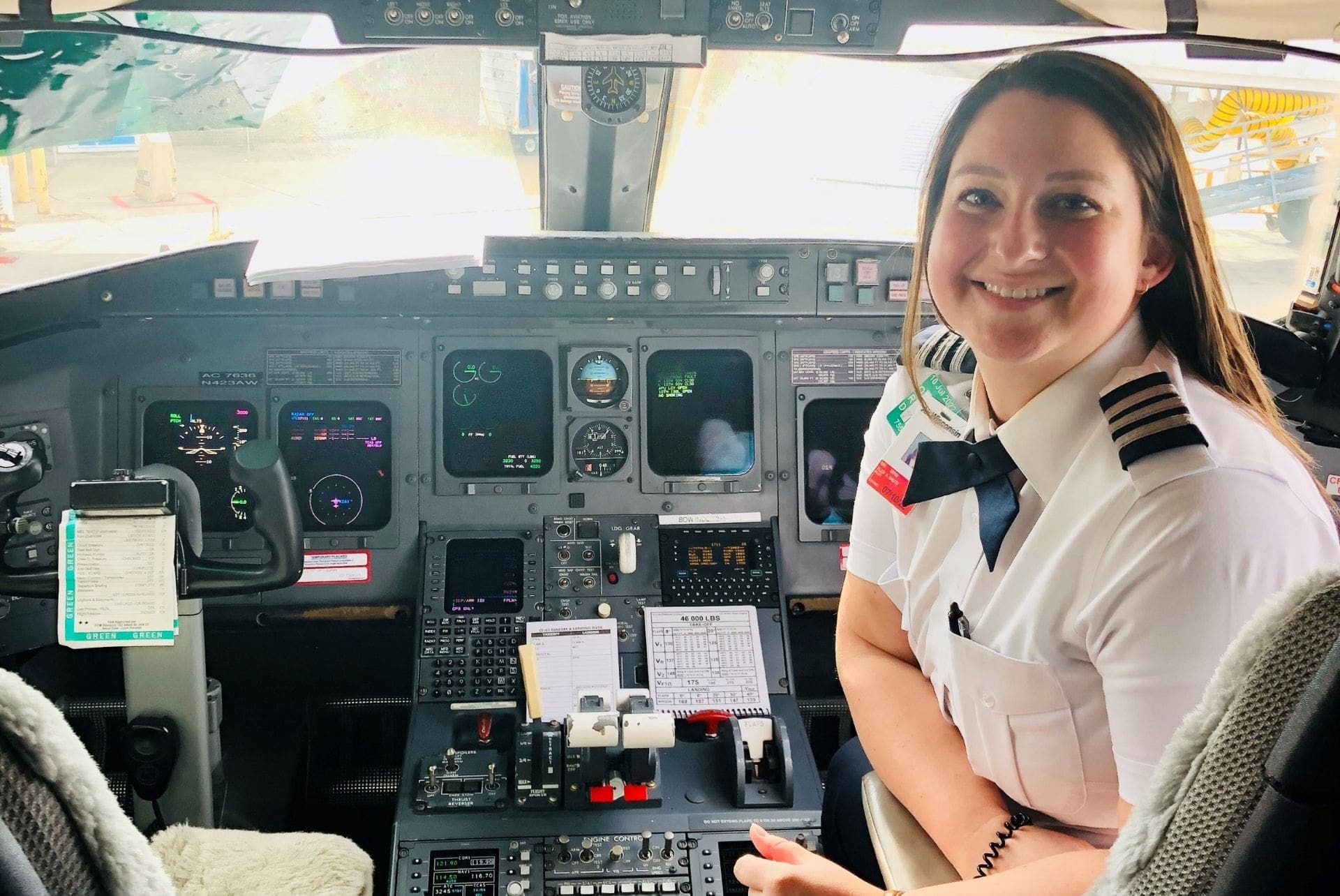A simple internet search for “pilot training” can yield an enormous number of results. The sheer amount of possibilities can seem overwhelming, and student pilots who are new to aviation might not be sure as to what to look for in a pilot training programs.
Smaller flight schools are available, along with large facilities, that offer degree programs concurrent with pilot training.
What is the right pilot training programs that will help you meet your aviation goals? The answer depends on what you would like to achieve in aviation. When you are researching schools for your private pilot certificate, instrument rating, commercial pilot certificate, it is important to find a program that values safety, consistency, and a wide range of courses and career goals.
Find an Aviation Community
It is important to seek out a training program located in a facility with a solid support system. This includes not only a team of dedicated certified flight instructors (CFIs), but also a community that will support you before you ever enter a cockpit, as well as long after you have begun your career as a pilot or other aviation professional. The aviation community is a close-knit community and building a network of contacts is essential to gaining knowledge, finding a mentor, and engaging in a job search.
A well-connected aviation community should help you to feel welcome, rather than intimidated or bullied, before you even begin. These same people are often eager to answer questions or offer advice during your certification journey; after all, aviation is often a “passion profession,” and only those who truly love what they do tend to gather around the topic. When you are eligible to either progress in your knowledge for its own sake or to begin a career in aviation, your peers are invaluable in putting you in contact with those who can help you move to a new or more advanced stage.
Seek a Wide Variety of Offerings
While it is important to surround yourself with dependable and helpful role models who have fulfilled the same goals or career aspirations you also have, it is just as vital to get to know other members of the aviation community. For example, a pilot who understands and respects the work an airplane mechanic is safer aviator for having this knowledge. It provides them with a perspective they might not think of. In the same way, a student studying to become a flight dispatcher will benefit from healthy professional relationships with pilots. The dispatcher may communicate more clearly with a good understanding of how important weather conditions are to pilots.
While members of these professions are in constant contact with one another in the aviation world, it is usually in passing, and only in a work context. There is rarely time to get to know one another as people, let alone what education, prep work, and daily schedules are like.
Sharing classroom space in general courses and working together outside of class while forming friendships during extracurricular activities, helps to form friendships and networking opportunities. Forming this basis of knowledge and contacts can be difficult outside of a training environment and doing so from the beginning of one’s flying life can help form a career long before the first paycheck.
Look for a Combination Degree and Pilot Training Programs
Some student pilots who would like to fly for a career may ask if it is worth it to earn a bachelor’s or Master’s degree in an aviation-related field. Recently, some pilots have begun their careers while bypassing a degree of any kind. Having a college degree or Master’s in aviation business can help when looking for advancement and administrative opportunities in the future. Some opportunities are dependent upon having a degree, so why not tackle both a flight and degree at the same time. Another aspect to consider, is the how busy your schedule may be as a pilot in the future; are you really going to have the time to get that degree once you see and advancement opportunity after being employed as a pilot?
Finding an institution that offers degrees as well as pilot training programs also ensures entry into community where instructors understand the particular stresses and scheduling irregularities that can surround flight training. Compulsory courses at such colleges and universities often gear subject matter of seemingly unrelated topics, such as English literature, to catching the interest of those studying aviation.
Give Yourself Room to Grow
A strong flight training center offers not only multiple courses of study, but a wide rage of certifications and ratings. Completing all of these “in house” is less stressful and more efficient than hopping from one pilot training program to another. Instructors can become familiar with students’ strengths and weaknesses across several years of training, and adjust course material accordingly. Students have access to peers who are both more advanced as well as “behind” them in subject material, which helps to form a strong community bond of assistance and advice. Seeing each goal clearly laid out is motivating and can help a flight student complete training more efficiently.
Ready to soar in your aviation career?

Tamu Smith-Kohls serves as the Vice President of Enrollment Management and Marketing for California Aeronautical University. She has worked in the aviation industry in various roles for 24 years. As a United States Air Force retired veteran, she has a unique appreciation for the aviation industry. Tamu has served in Information Systems as a Network Administrator, Aerospace Flight Medicine as a Health Services Manager, and Air Force Recruitment and Marketing. She holds an undergraduate degree in Psychology; a Master’s in Business Administration and is a Certified Neuro Linguistic Practitioner. Her passion is motivating, training, coaching and serving others to reach their best potential.
